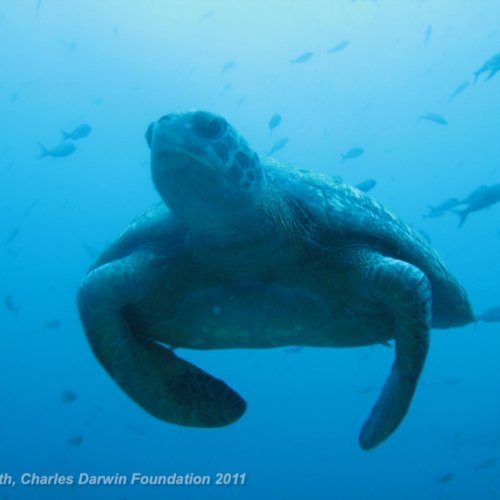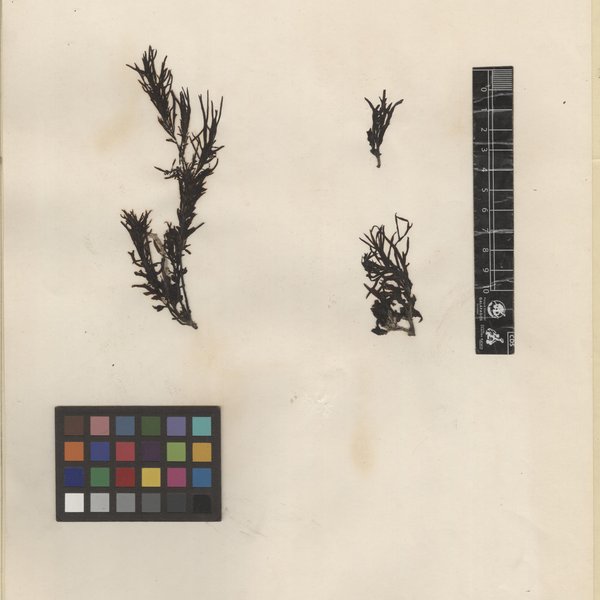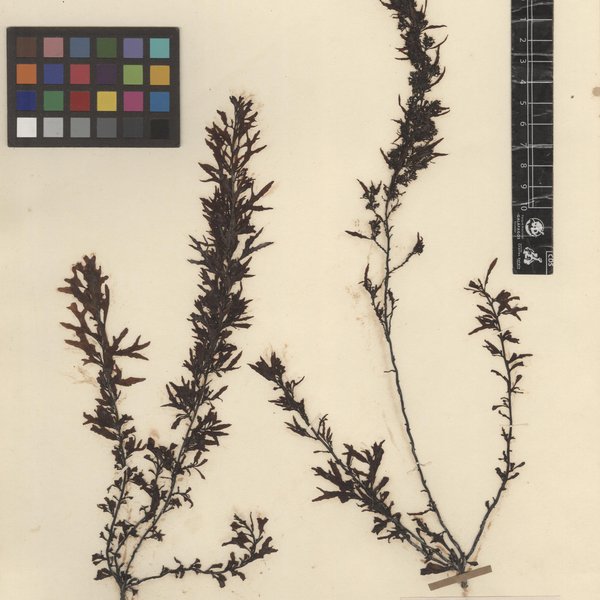Results
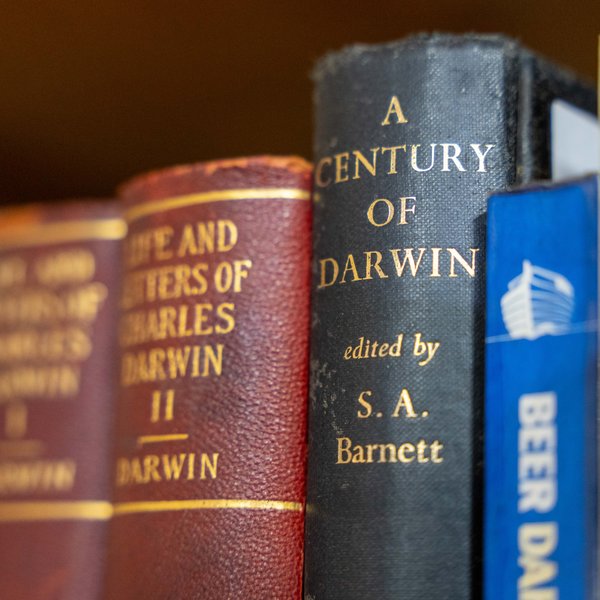
Mara Speece/CDF
The CDRS Library: The Most Complete on Galápagos
The G.T. Corley Smith Library at the Charles Darwin Foundation holds the world’s most comprehensive collection of publications on the Galápagos Islands. Its “Galápagos Collection” includes both scientific and grey literature, making it an invaluable resource for research and conservation. A digitization effort is underway to expand global access to this knowledge.
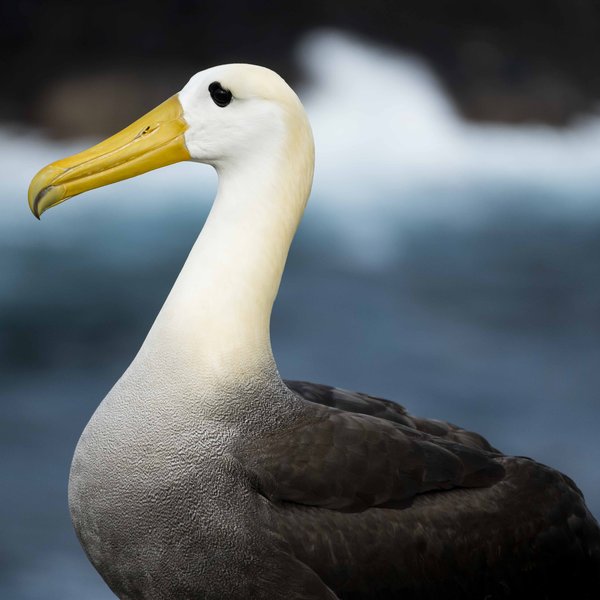
Carlos Espinosa/CDF
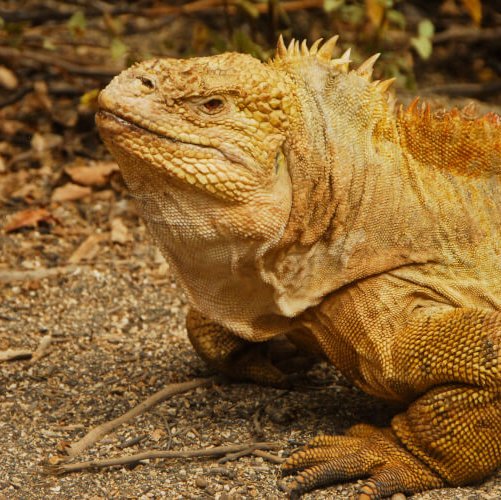
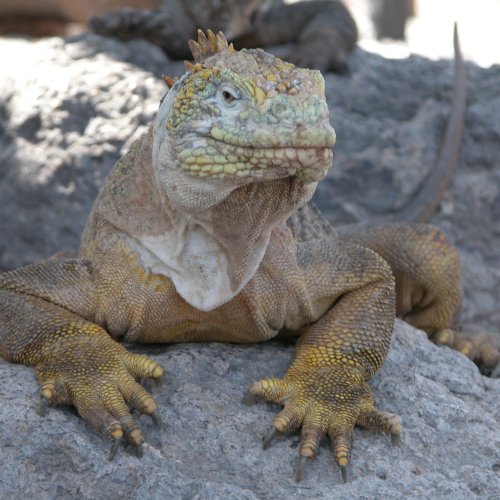
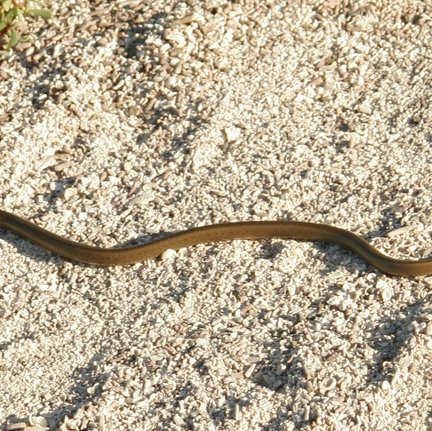

Carlos Espinosa/CDF

Carlos Espinosa/CDF

Carlos Espinosa/CDF
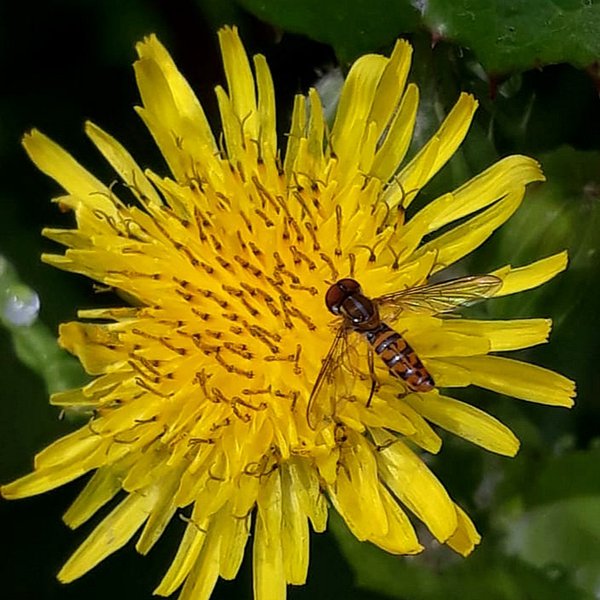

Carlos Espinosa/CDF

Carlos Espinosa/CDF
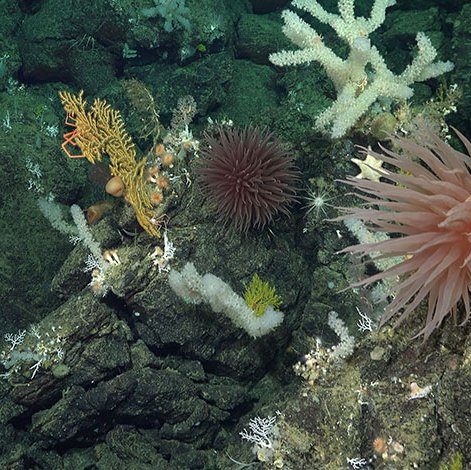
Schmidt Ocean Institute

Carlos Espinosa/CDF

Carlos Espinosa/CDF

Carlos Espinosa/CDF

Carlos Espinosa/CDF

Carlos Espinosa/CDF
